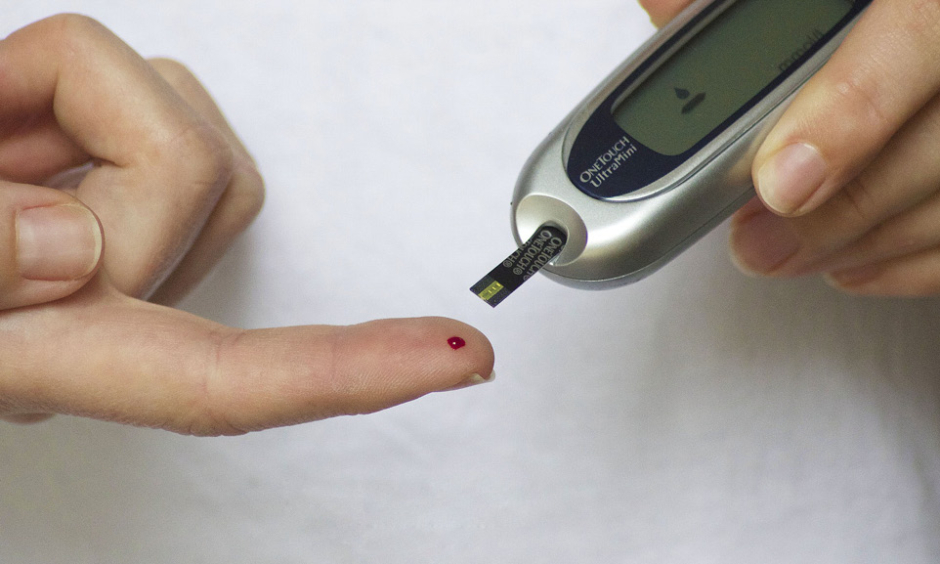BABIES are more likely to be born with heart defects if their mothers have Type 1 diabetes whilst pregnant, with the risk even more pronounced when these women also have high blood glucose levels during early pregnancy. This is according to a study from the Karolinska Institutet and Sahlgrenska Academy, Sweden, which suggests that certain actions could be taken to reduce the chances of heart defects developing in babies in the early stages of pregnancy.
Effect of Diabetes and Elevated Blood Glucose
Using data from 2,458 living newborns with mothers with Type 1 diabetes and comparing these to 1,159,865 babies with mothers without diabetes, the researchers found that women with Type 1 diabetes and blood glucose levels (HbA1c) within the recommended range during pregnancy gave birth to a baby with a heart defect at a significantly higher rate than women without diabetes (3.3% versus 1.5%). In women with diabetes and elevated HbA1c levels, the association was even greater; a very high HbA1c reading of 9.1% or more equated to a risk of up to 1 in 10 babies having a heart defect.
Greater Awareness
The team believe the reason for the association between increased risk of such a deformity and blood glucose levels during early pregnancy is that this is the point at which babies’ organs develop. They therefore believe these findings will help make women with diabetes more aware of these risks and potentially enable steps to be taken to reduce the defects from occurring.
“Influence the Risk”
“There’s an opportunity here for women to influence the risk of their baby developing a heart defect by keeping their blood glucose levels low. Yet we as doctors also know that many pregnant women struggle valiantly to keep their blood glucose down, as it is no easy task. The potential benefit of intensified insulin treatment to reduce the risk of heart defects should also be weighed against possible risks with hypoglycaemia in the mother and fetus,” commented Prof Jonas F. Ludvigsson, Karolinska Institutet.
Further Research
The team acknowledged that this was an observational study and no definite conclusions regarding causality can be made. They are therefore making plans to investigate this area further.
James Coker, Reporter
For the source and further information about the study, click here.








